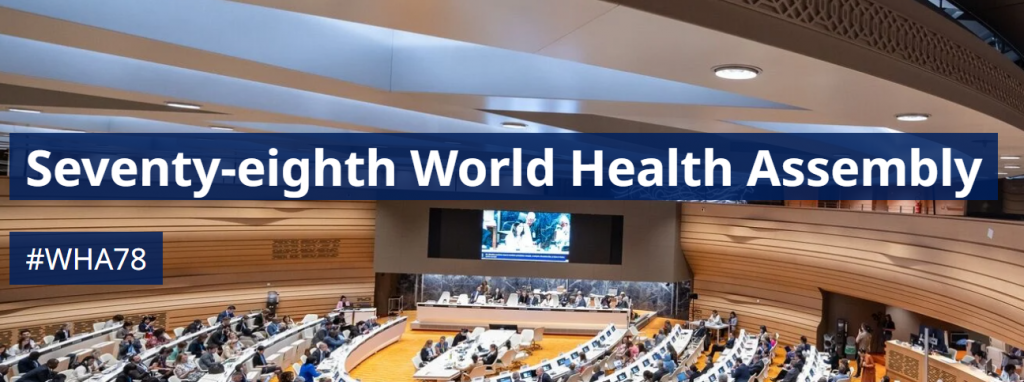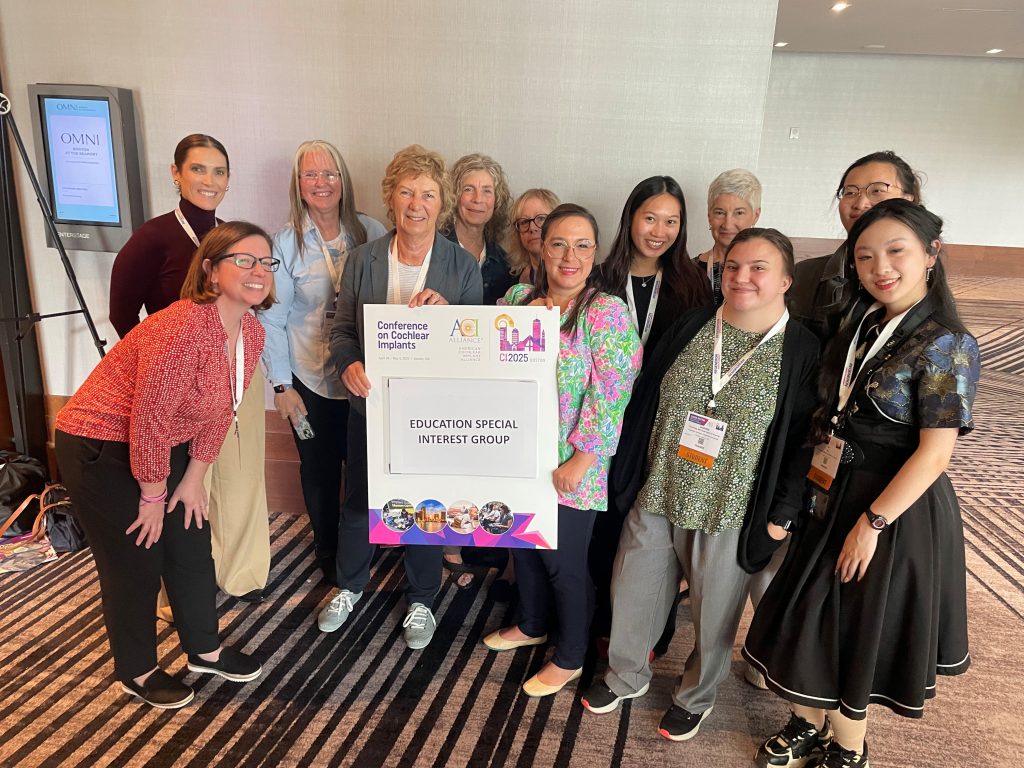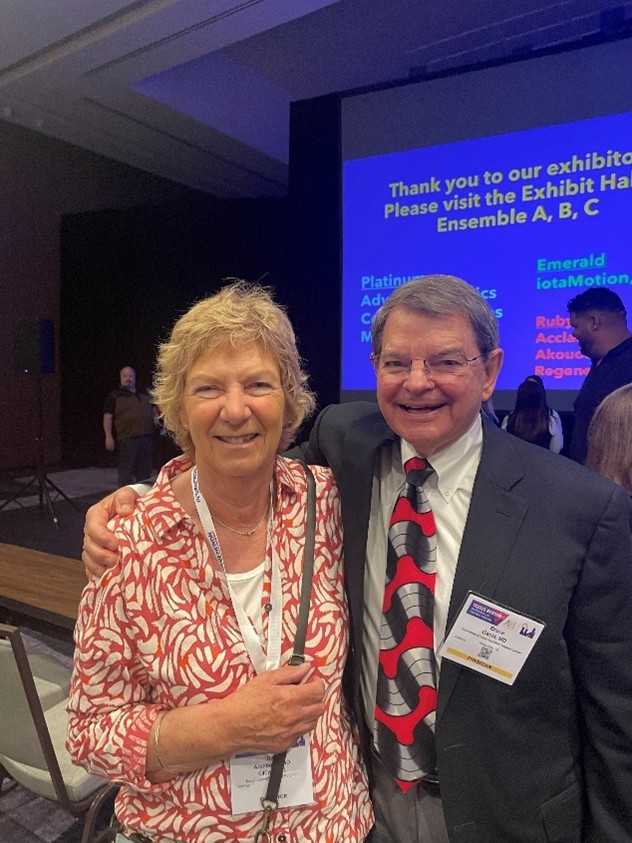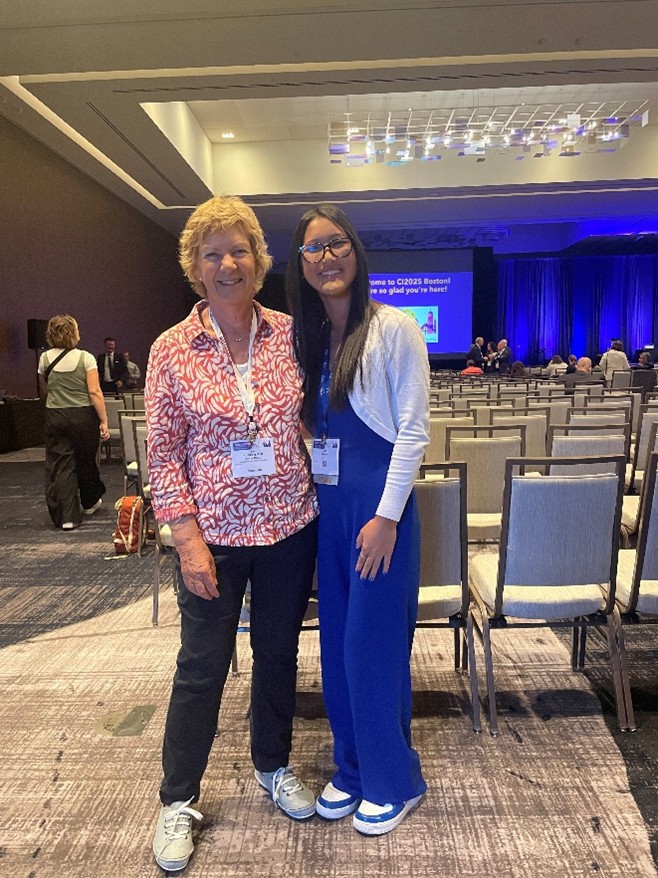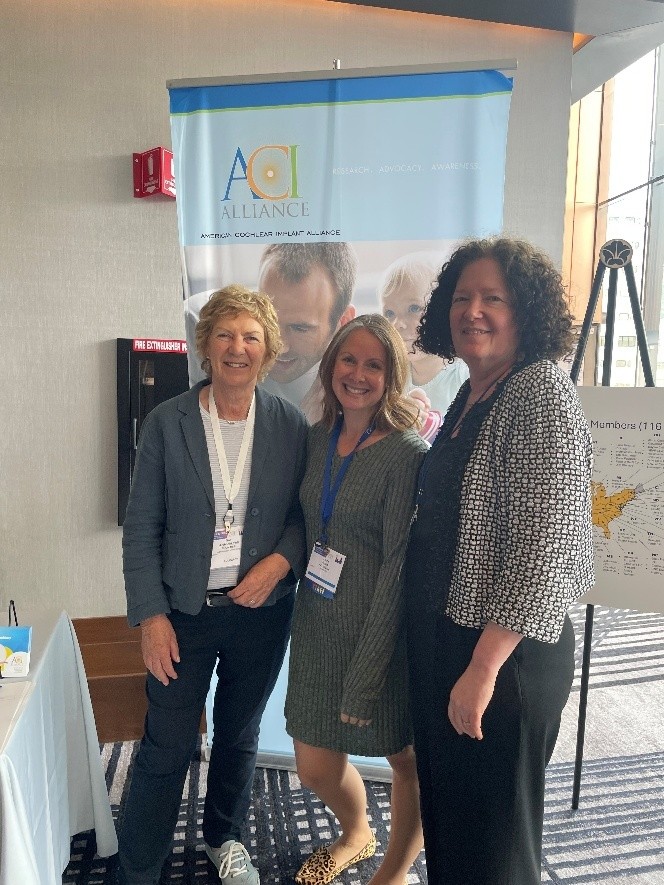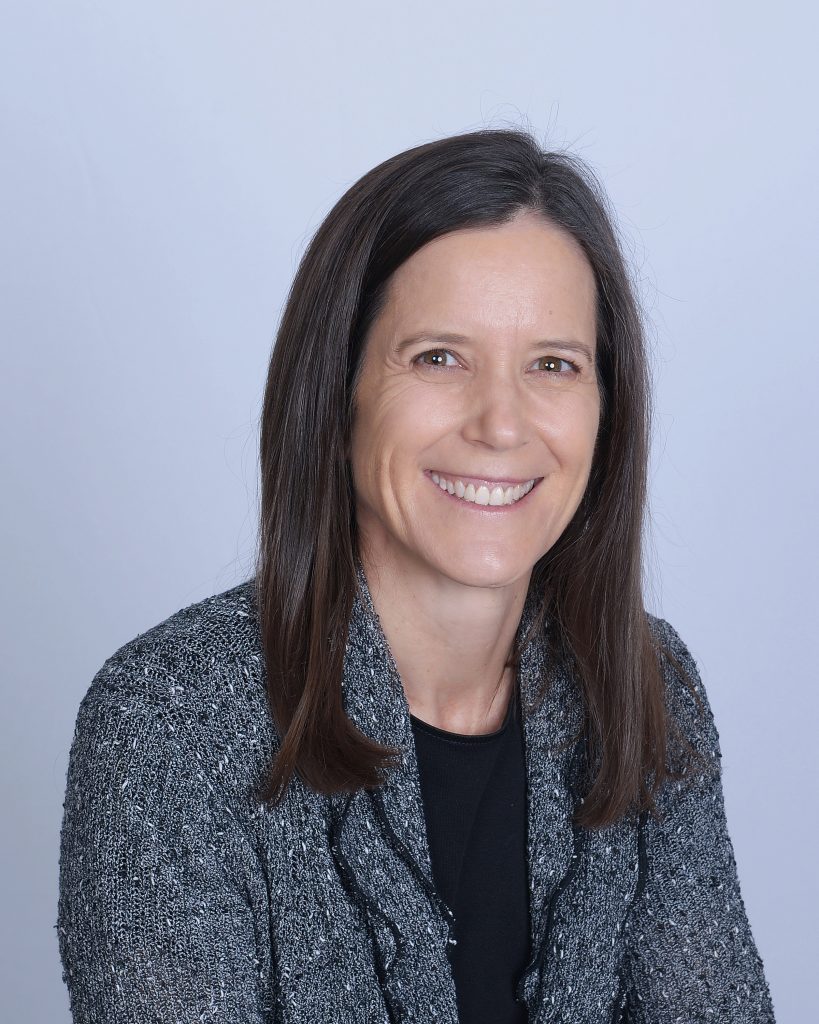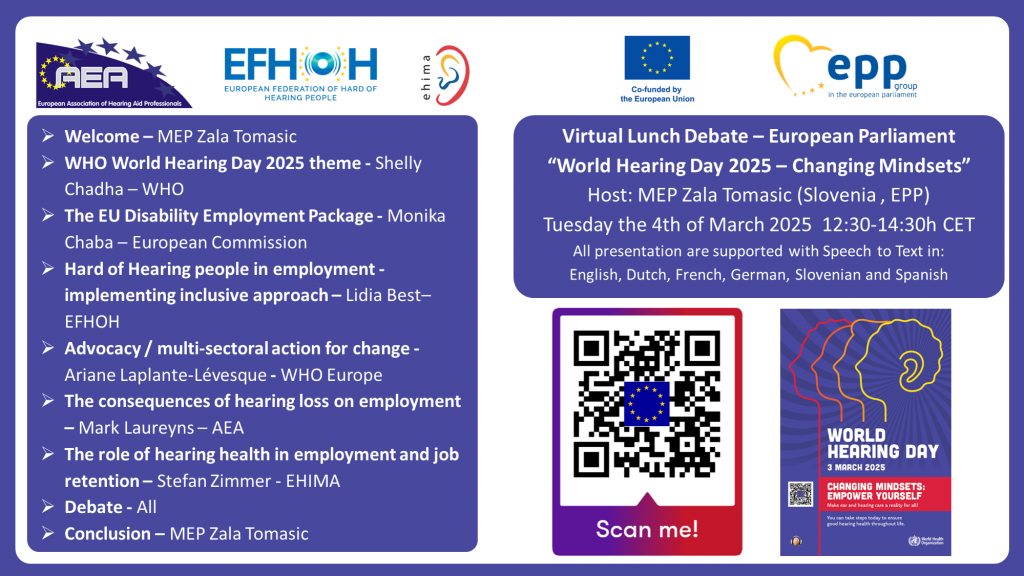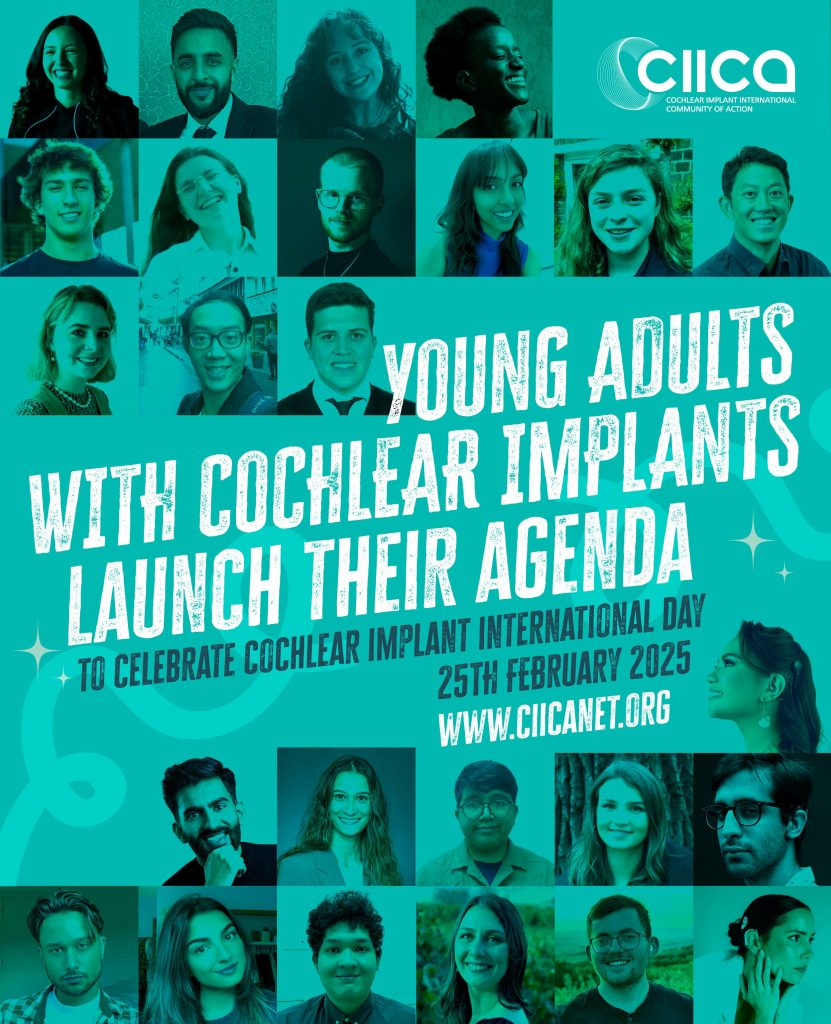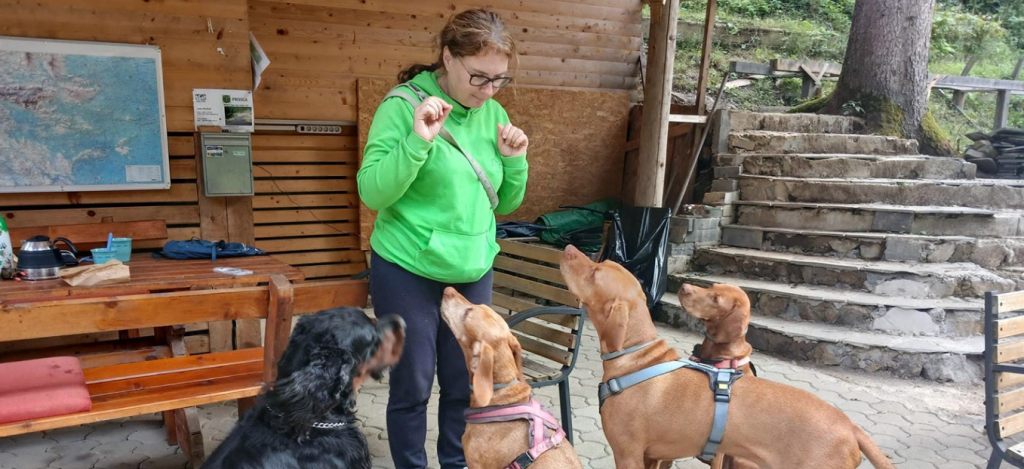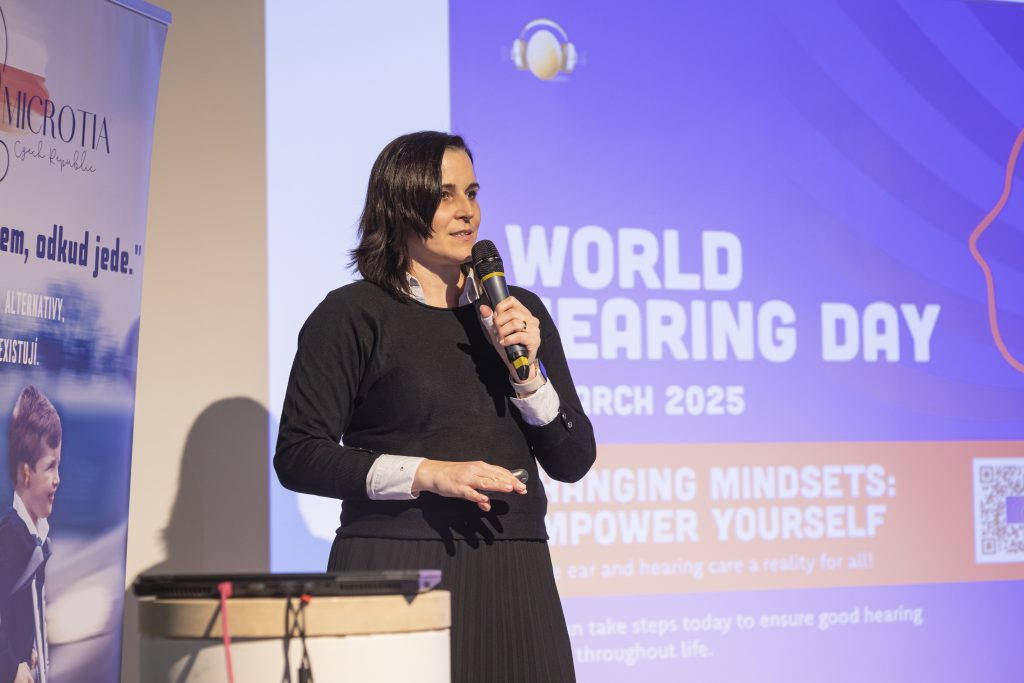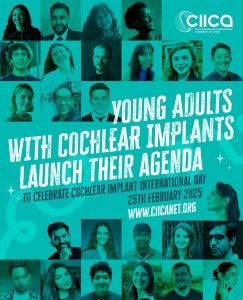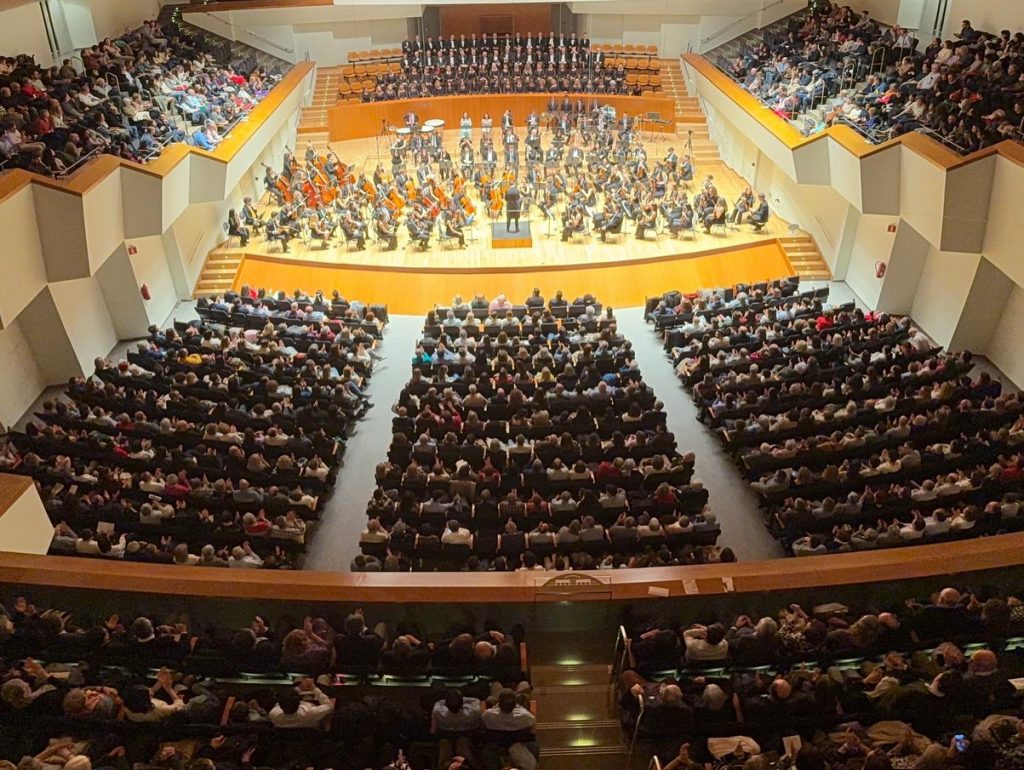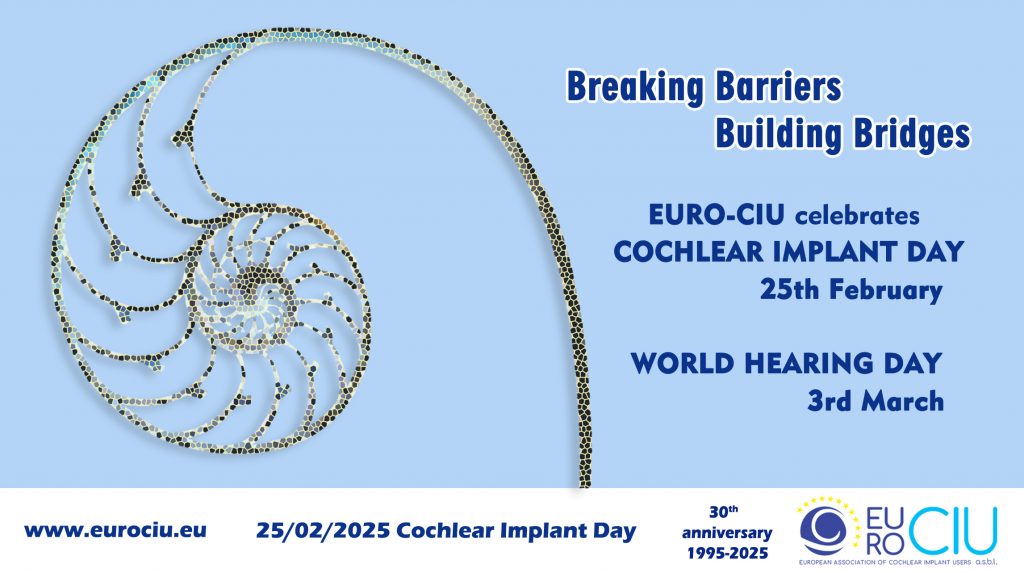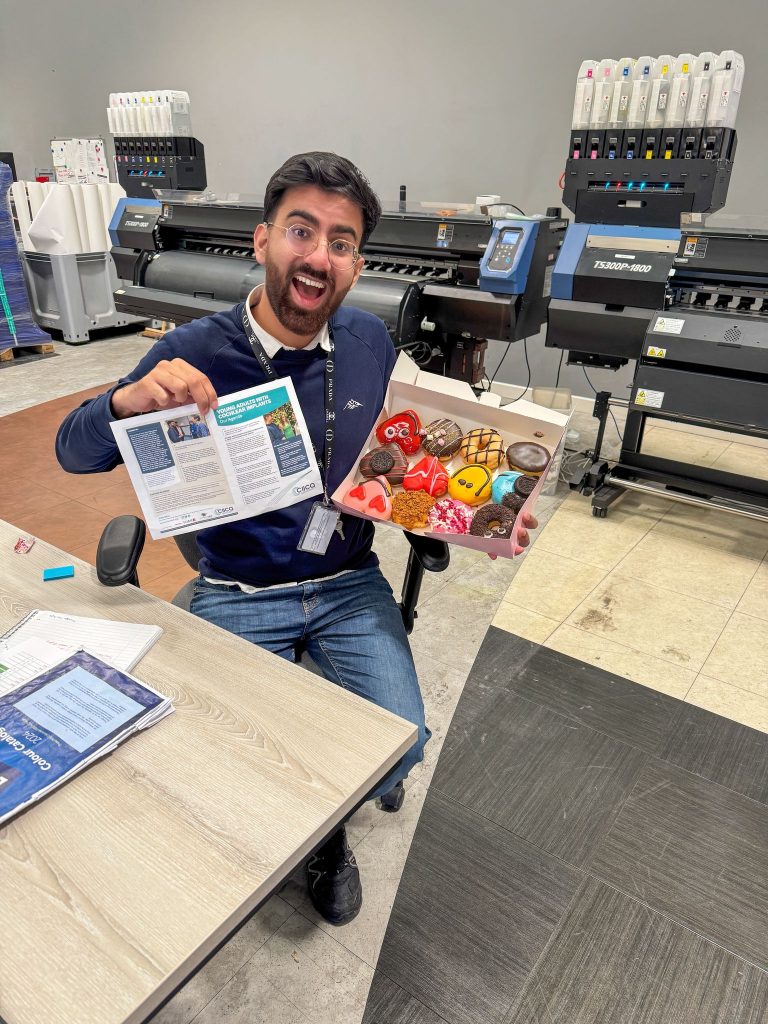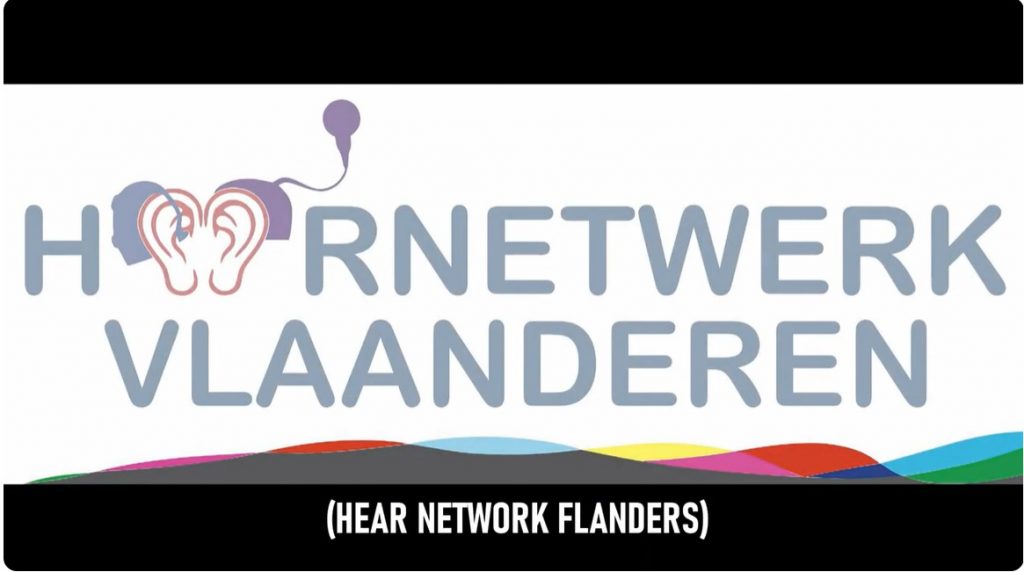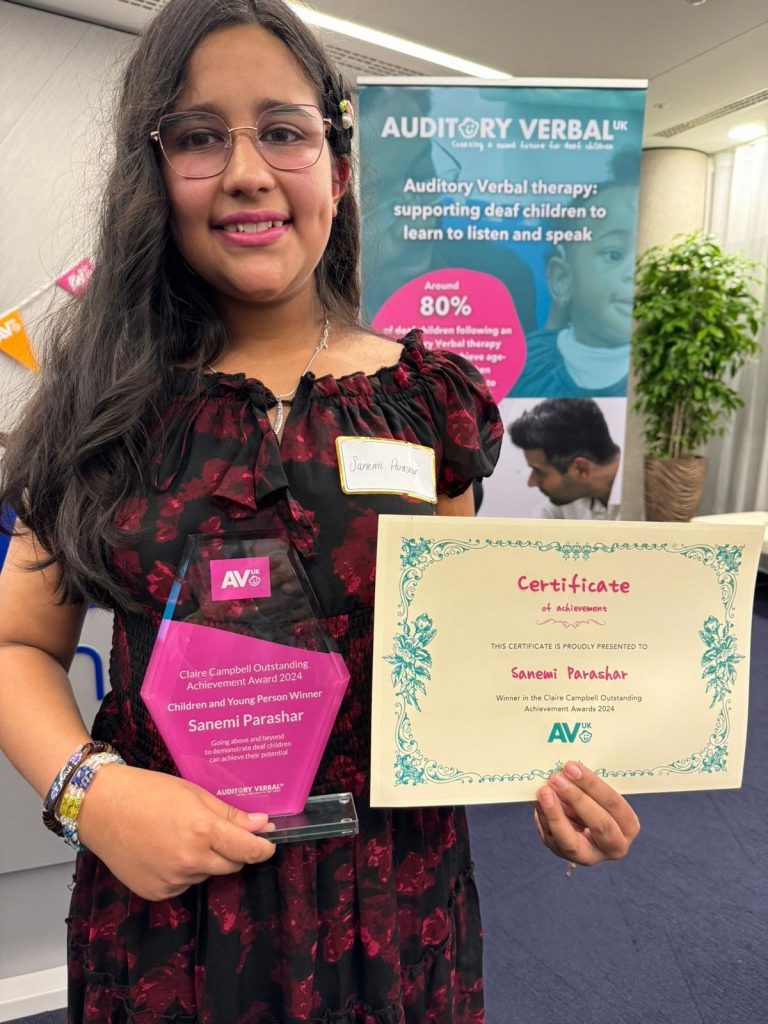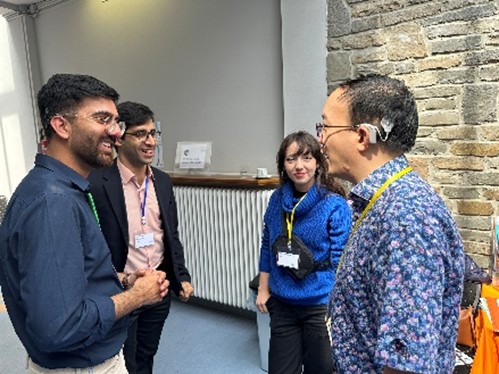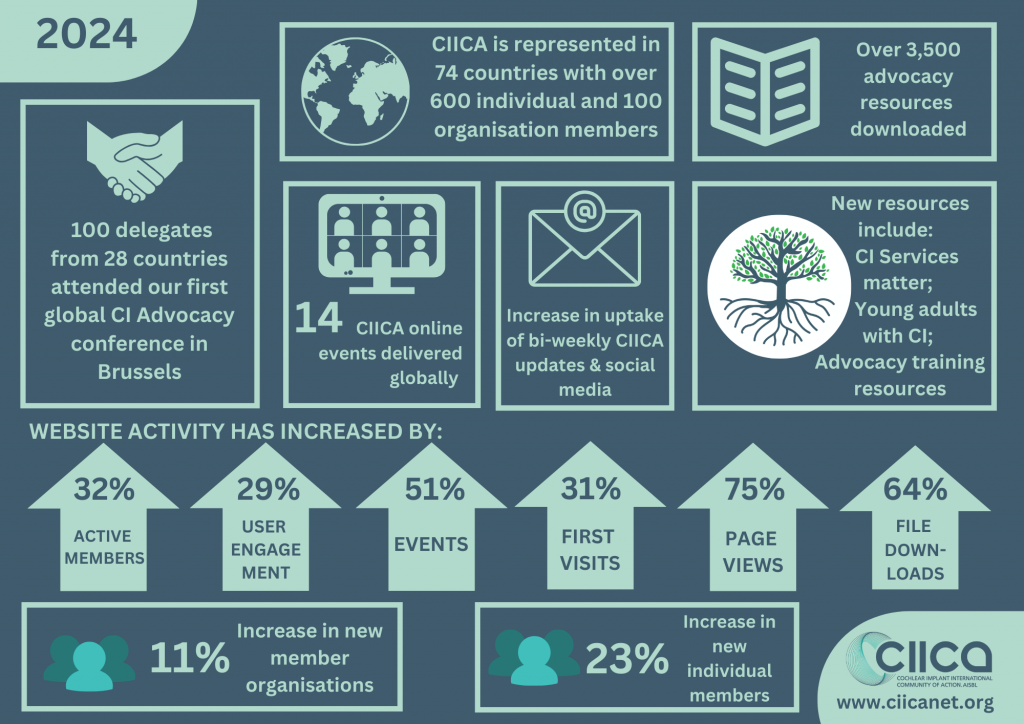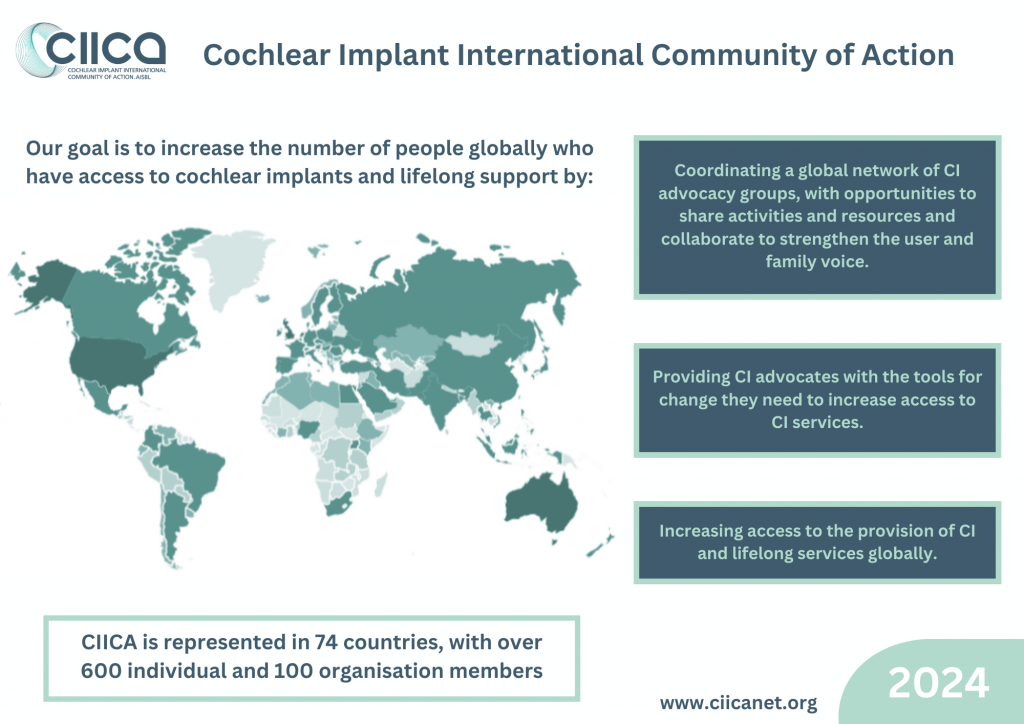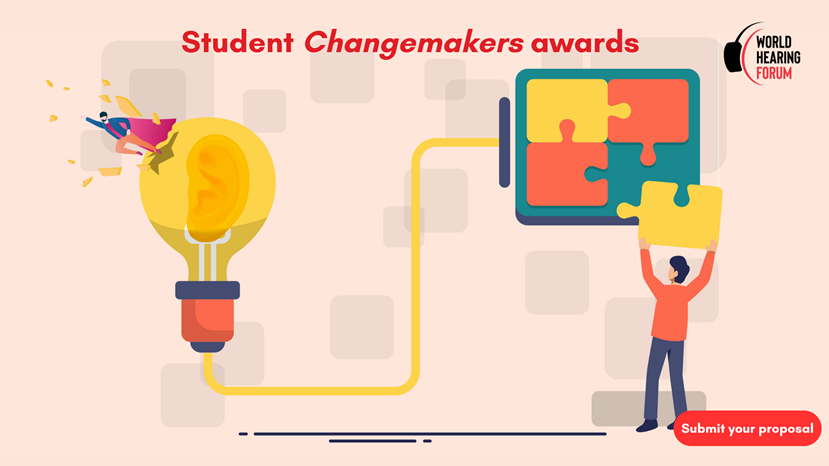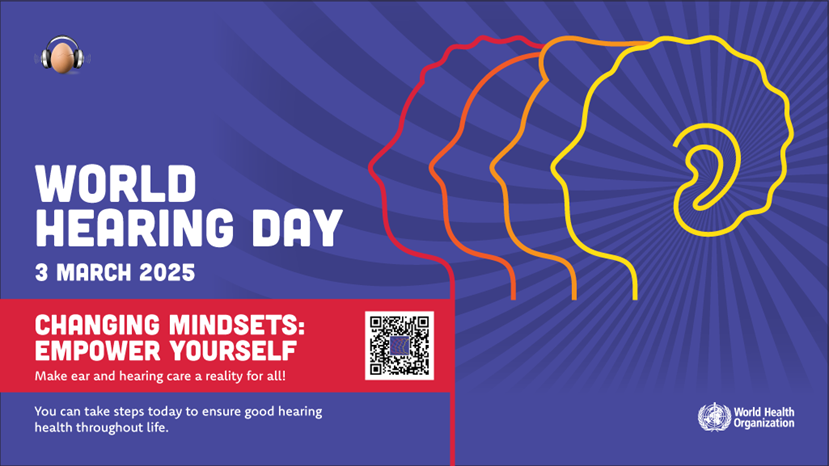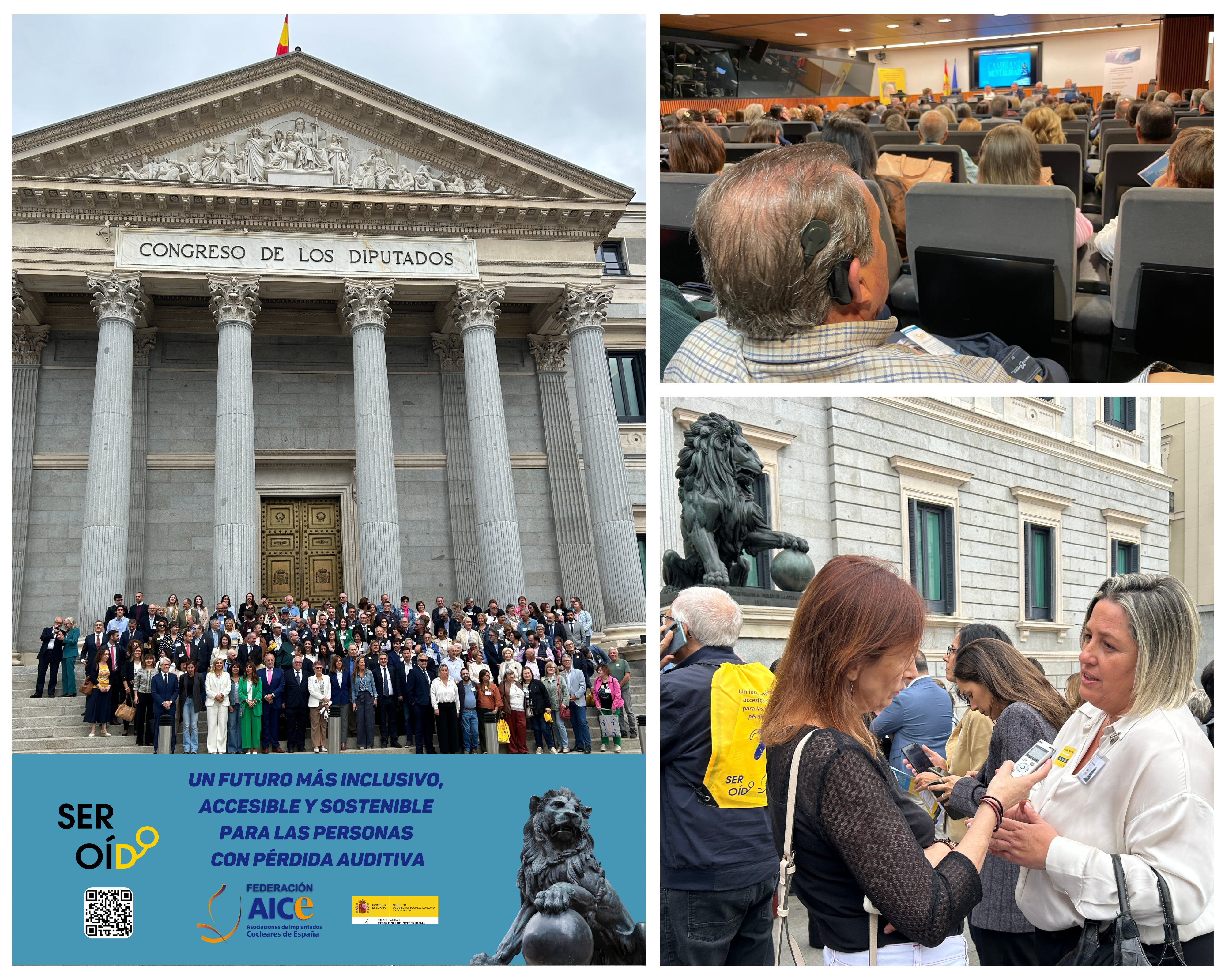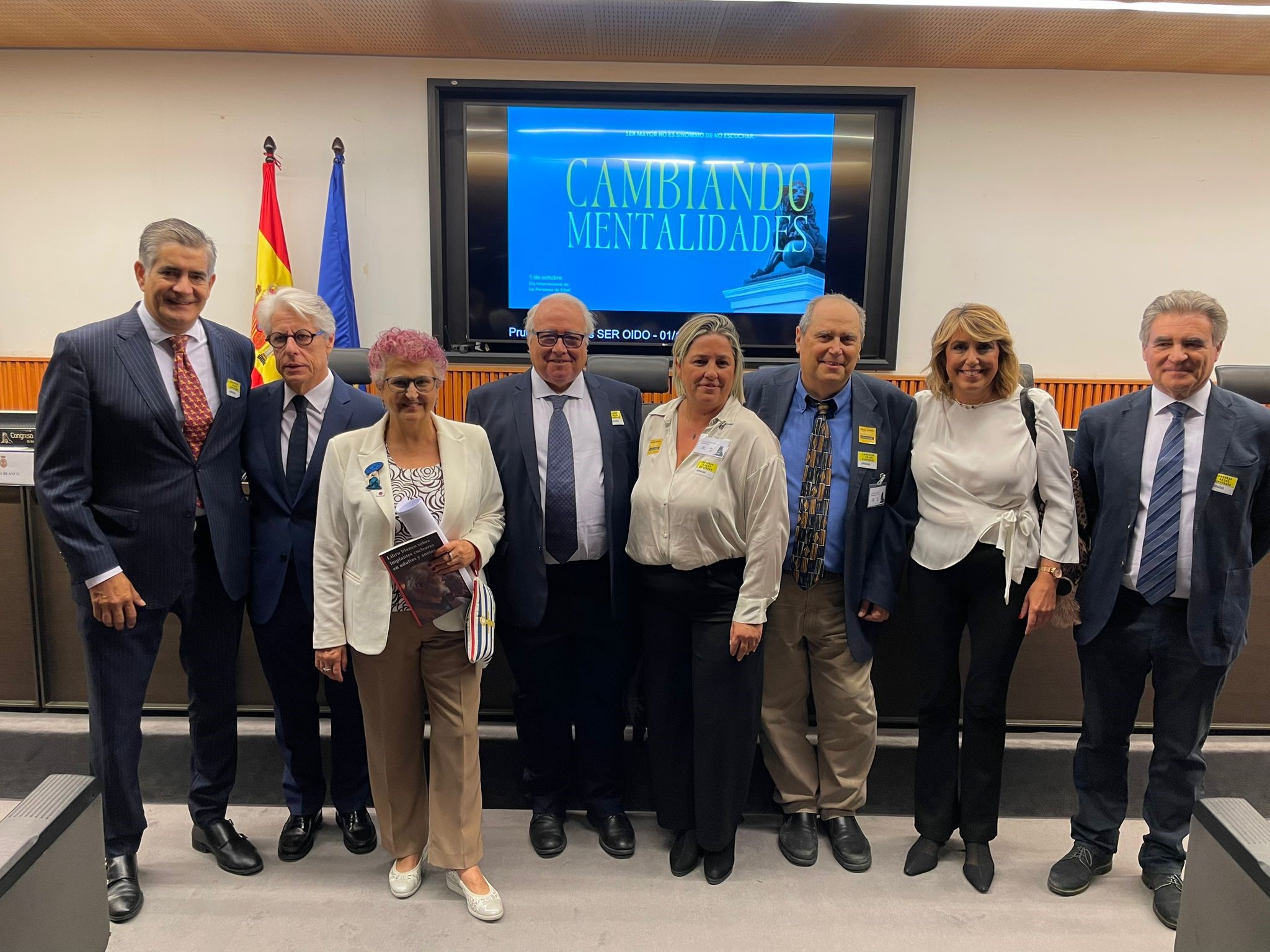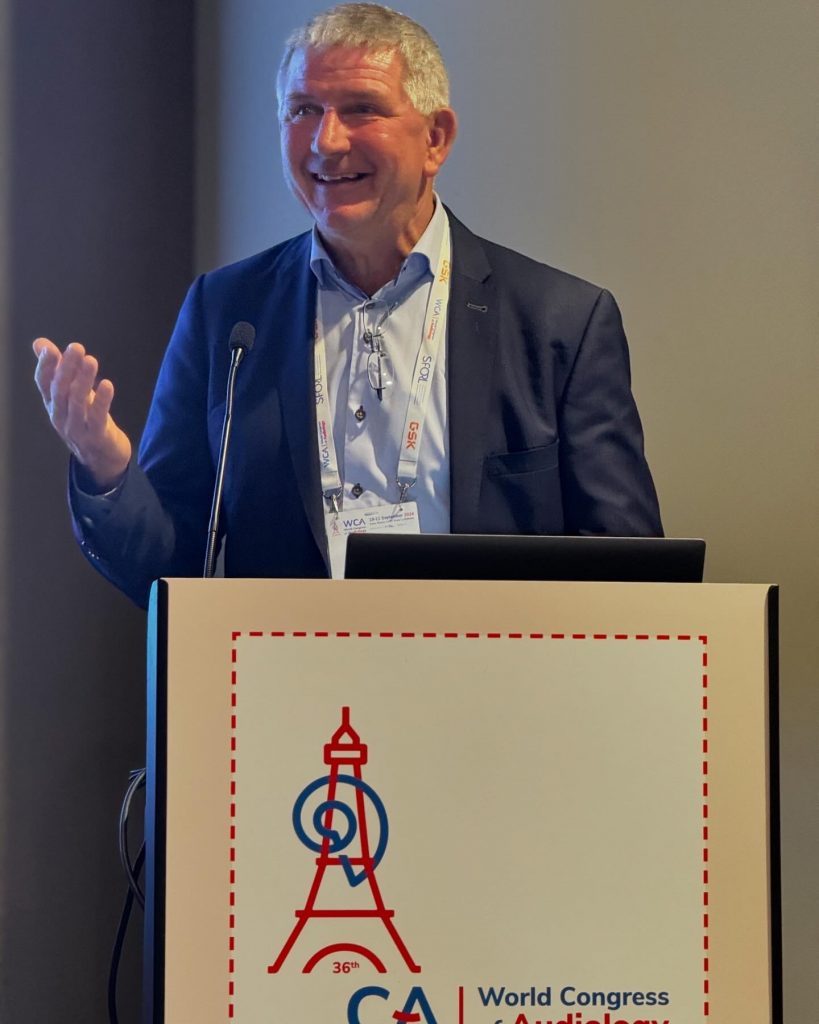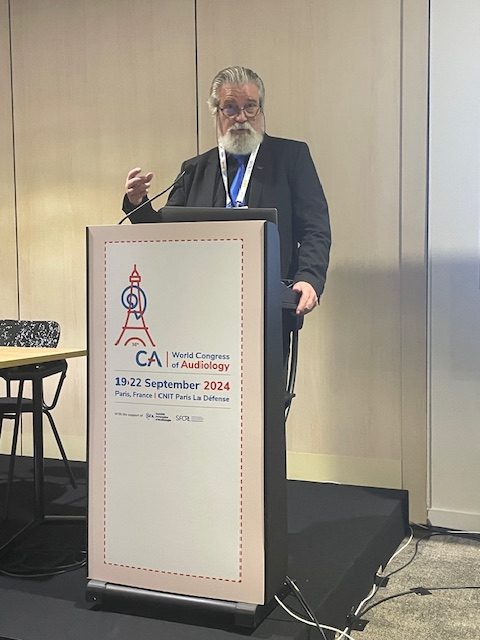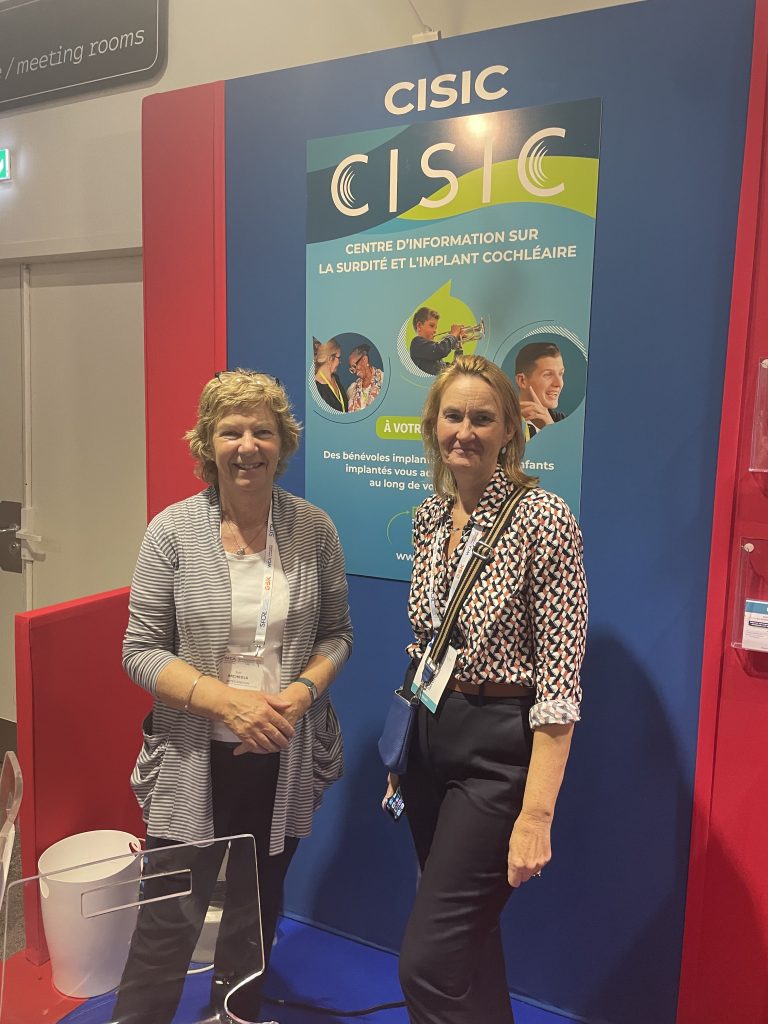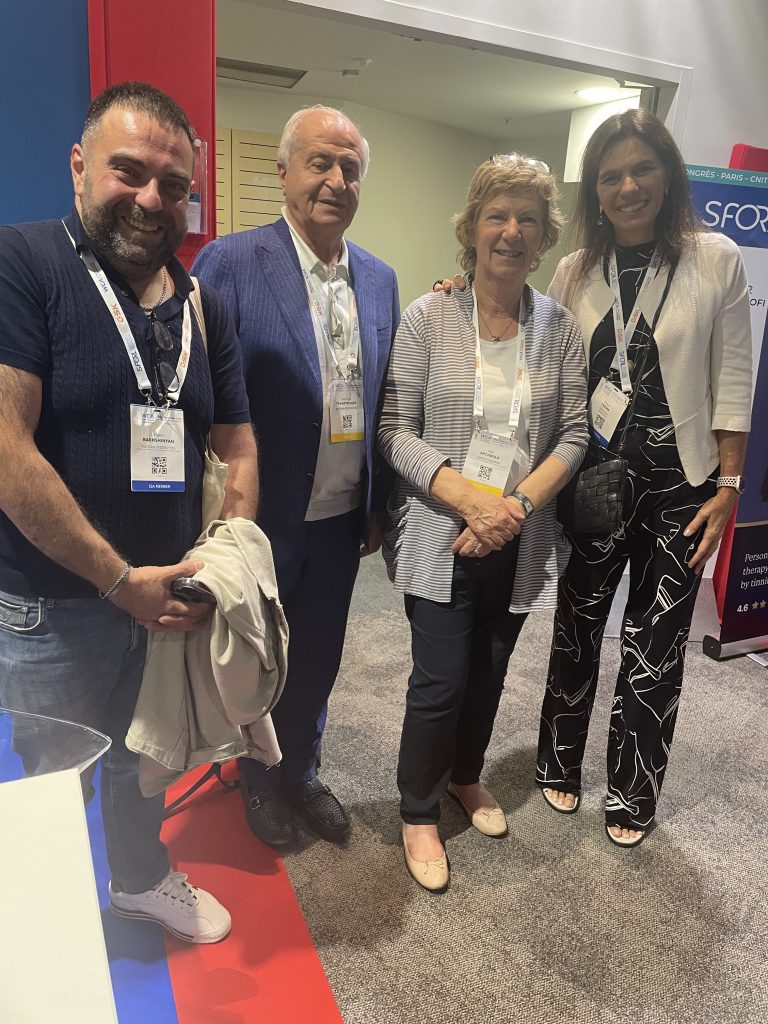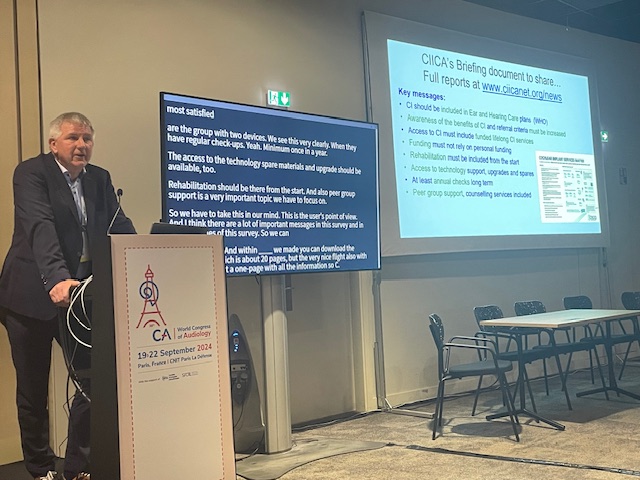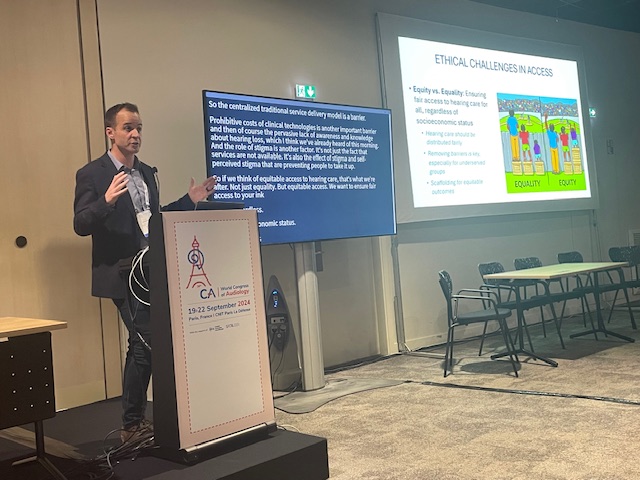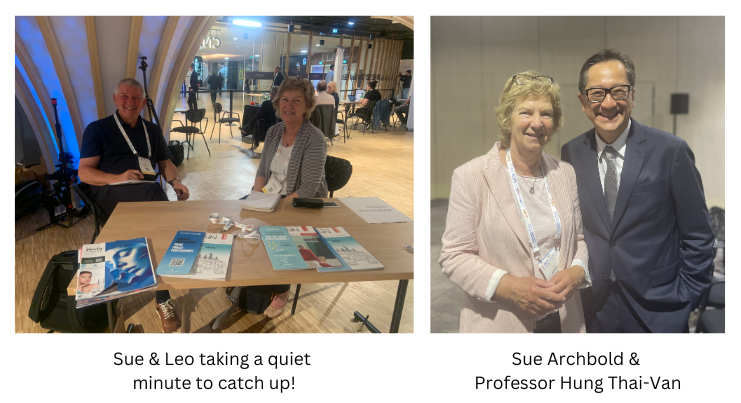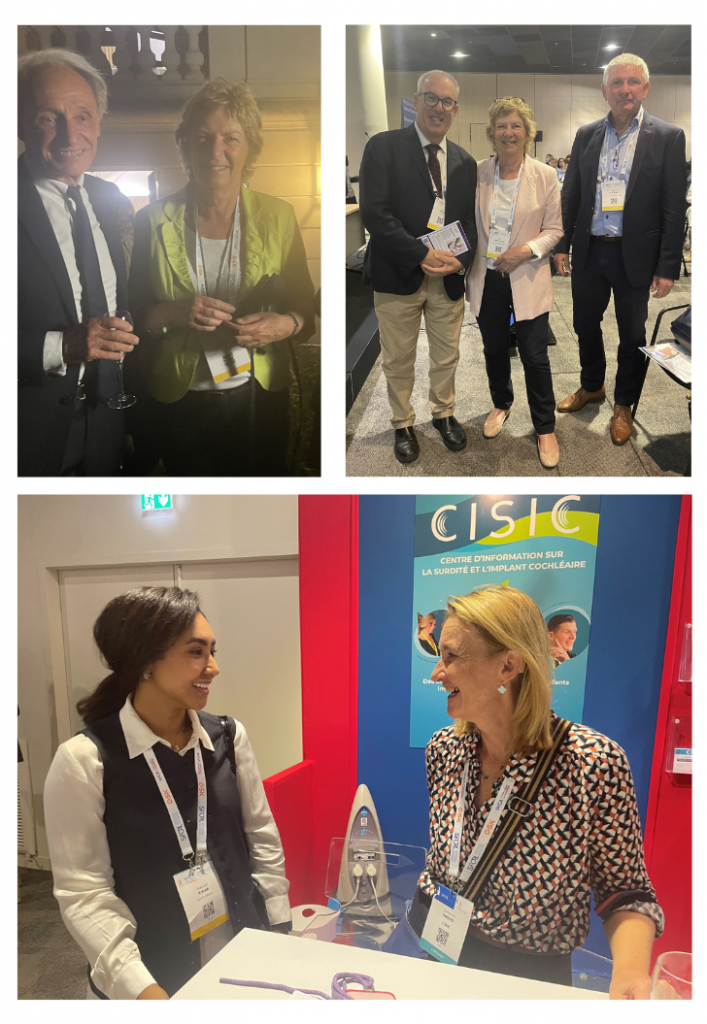AICE advocates at the Spanish Parliament for Ser Oído’ (Be Heard) for better access to cochlear implants for older people with profound hearing loss
The ‘Being Heard’ initiative, promoted by the Federation AICE (Spanish Federation of Cochlear Implant Associations), is committed to a better future for older people with profound hearing loss. The platform, which was presented on 1 October at the Spanish Congress of Deputies with almost 200 attendees, including more than 100 cochlear implant recipients and their families, seeks to raise awareness of the need to build a more inclusive, accessible and sustainable future for people with profound hearing loss, as well as to improve access to cochlear implantation for the elderly population.
The event included a speech by the head of hearing at the WHO, Dr. Shelly Chadha, and a round table moderated by journalist Ana Blanco, with the participation of Dr. Serafín Sánchez, vice-president of SEORL (Spanish Society of Otorhinolaryngology), Dr. Carlos Cenjor, otorhinolaryngologist and president of the GAES-Amplifon scientific committee, and Inmaculada Soto, president of the Federation AICE. The event was attended by more than 100 cochlear implant users from different parts of Spain, many representatives of the Congress and Senate from all political parties, who have committed themselves to pass on our proposals and agree on how to achieve them, as well as otolaryngologists, audiologists, nurses and speech therapists.
The event celebrated on the World Day of Older Persons was covered by numerous media (written and digital press, radio and television), and has had a great impact on social networks.
The challenges of ‘Being Heard’.
The Federation AICE’s initiative, with the collaboration of GAES-Amplifon, seeks to counteract these factors that hinder access to cochlear implants for the elderly. One of its objectives is to raise awareness among both health professionals and society to combat the stigma associated with hearing loss and its denial. In the same vein, it aims to promote early detection and treatment with sustainable funding to ensure more equitable access for all patients.
Already 79 organisations, including other big Spanish patient associations, professionals and medical and scientific societies, have signed up to the ‘Being Heard’ manifesto. The platform also has broad popular support, with more than 2,500 signatories. Please join their claim https://www.seroido.org/
